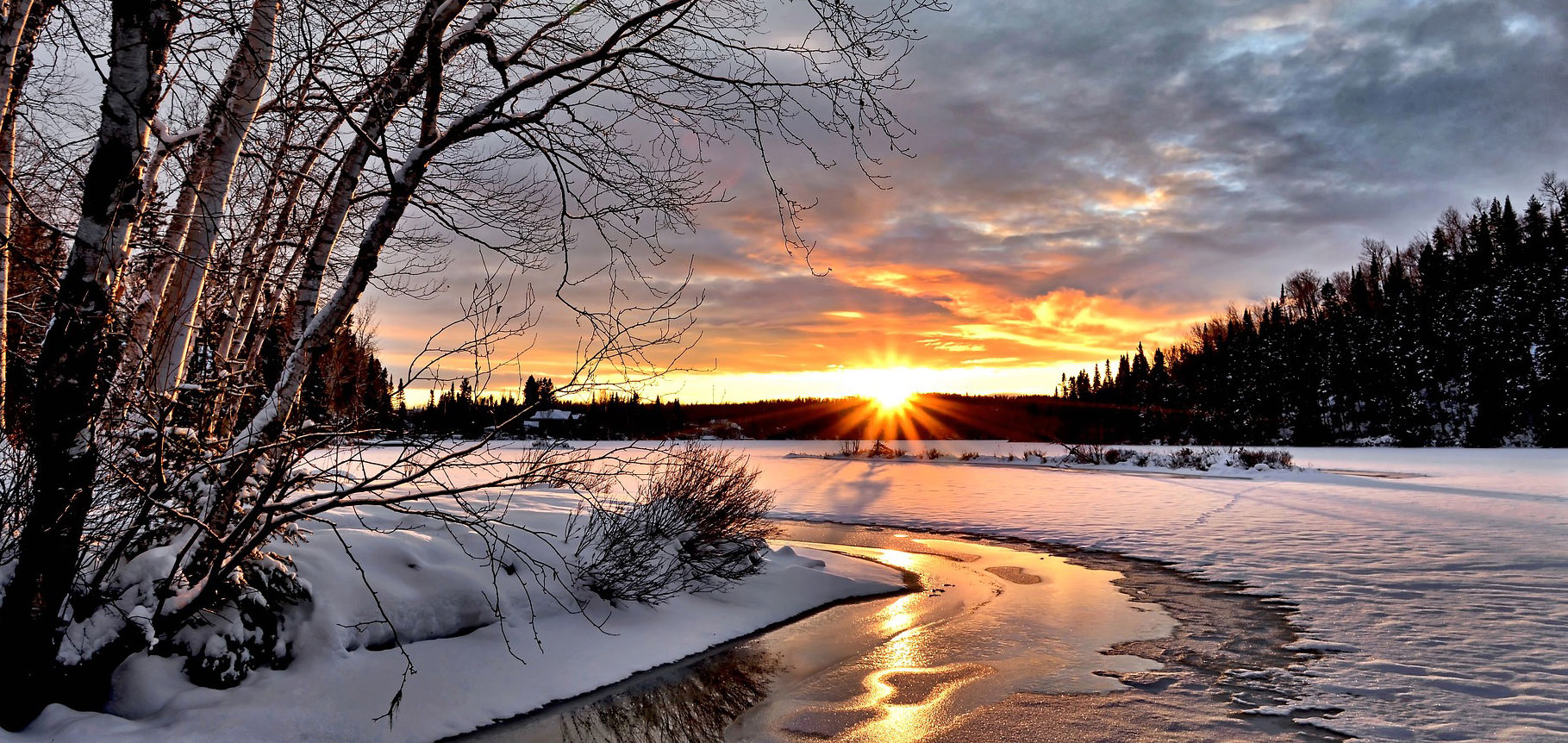
- Details
- By Levi Rickert
Opinion.This new week will bring us the winter solstice on Monday and Christmas on Friday. In a typical year these two days are celebrated through storytelling and the exchange of gifts.
However, 2020 has not been a typical year.
The Covid-19 pandemic impacted everyone regardless of race, creed or color. The deadly disease reached Republicans and Democrats. It mattered little if one believed science or called the deadly virus a hoax concocted for political reasons. Covid-19 has afflicted the wealthy and the poor.
The difference was poor people had little means to fight back against the deadly disease. They were not afforded the care that President Donald Trump received when he was treated with Regeneron medication when he contracted Covid-19 and then given to his cronies from his inner circle, such as Rudy Giuliani, Ben Carson, and Chris Christie after they also tested positive.
Poor people with limited access to insurance benefits and medical treatment were left simply to survive. Unfortunately, people of color, who often are the poorest in America, have died at a disproportionate rate from Covid-19.
A study by the Centers for Disease Control and Prevention (CDC) released on Dec. 11 reveals American Indians and Alaska Natives (AI/NA) have died from Covid-19 at a rate almost double that of their white counterparts. The study was conducted in 14 states that have approximately one-half of the Native population in the United States.
Researchers discovered the Covid-19 related mortality rate among AI/AN people from Jan. 1 to June 30 was 55.8 deaths per 100,000, or 1.8 times higher than the rate of 30.3 deaths per 100,000 among white people.
Since March 17, the Navajo Nation emails on a daily basis the number of Covid-19 cases, recoveries and deaths throughout its communities. As of Saturday night, there have been 20,810 positive Covid-19 cases, 10,999 recoveries and 745 deaths related to Covid-19.
While Navajo Nation has been the epicenter of Covid-19 in Indian Country, the deadly disease is everywhere in our tribal nations and is leaving a painful scar within our communities.
The numbers of those who died from Covid-19 represent more than mere statistics. They represent the loss of lives with souls. The losses are relatives and friends who contribute to tribal communities.
The Cherokee Nation reported two weeks ago it has lost at least 20 fluent Cherokee language speakers this year from Covid-19. Think about losing 20 fellow tribal citizens who speak a Native language that was beaten out of our ancestors in boarding schools. The significance is profound because those who speak our Native languages are valuable to preserve and pass it forward to future generations.
Last week, Tom Poor Bear, former vice president of the Oglala Sioux passed away from Covid-19. Poor Bear, who I have visited with on several occasions, was a member of the American Indian Movement and who was all about fighting for his fellow tribal citizens. For years, he participated in protests at Whiteclay, a border town that had four stores that sold ove 3.5 million cans of beer annually. The protests helped get the stores closed down. Poor Bear had a heart for the Lakota people.
The CDC study admits that there are, in all probability, unreported cases of Covid-19 in Indian Country because of limited testing, reluctance to be tested and misclassification as white or other races by health care workers who simply don’t ask and then assume from appearance the race or ethnic classification.
In recent weeks, on a daily basis, I look at my feed on social media and find announcements by many of my friends and acquaintances who are losing their loved ones to Covid-19. It is as if a sad reality has set in about the bleakness of this pandemic that extends to all of society.
Others write about fear and sadness for their vulnerable loved ones.
One friend wrote on Facebook last evening about not being able to see his grandmother since March. His grandmother lives in a nursing home.
His post said:
“We’ve only been able to stand outside her window and hold signs. I am so sad and scared for her and the other residents & the staff.”
In this week of the winter solstice and Christmas, we can still tell our winter stories and still exchange gifts, which may even be the gift of practicing social distancing by not gathering this year.
It is a time to be prayerful and careful and thank our Creator for our lives and those loved ones who have become our ancestors.
More Stories Like This
The Lie We Keep Telling About Wounded KneeAnother Weapon of Mass Destruction
Colorado cannot heal until it confronts Sand Creek honestly
Native American Mothers Deserve to Live
Technology Rooted in Tradition is Strengthening Cherokee Nation
Help us defend tribal sovereignty.
At Native News Online, our mission is rooted in telling the stories that strengthen sovereignty and uplift Indigenous voices — not just at year’s end, but every single day.
Because of your generosity last year, we were able to keep our reporters on the ground in tribal communities, at national gatherings and in the halls of Congress — covering the issues that matter most to Indian Country: sovereignty, culture, education, health and economic opportunity.
That support sustained us through a tough year in 2025. Now, as we look to the year ahead, we need your help right now to ensure warrior journalism remains strong — reporting that defends tribal sovereignty, amplifies Native truth, and holds power accountable.
 The stakes couldn't be higher. Your support keeps Native voices heard, Native stories told and Native sovereignty defended.
The stakes couldn't be higher. Your support keeps Native voices heard, Native stories told and Native sovereignty defended.
Stand with Warrior Journalism today.
Levi Rickert (Potawatomi), Editor & Publisher

